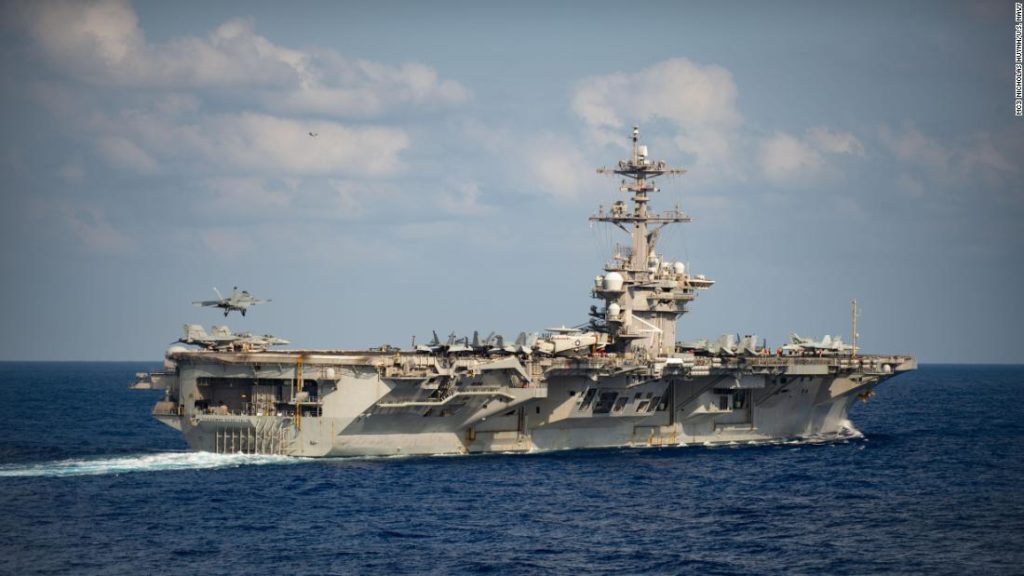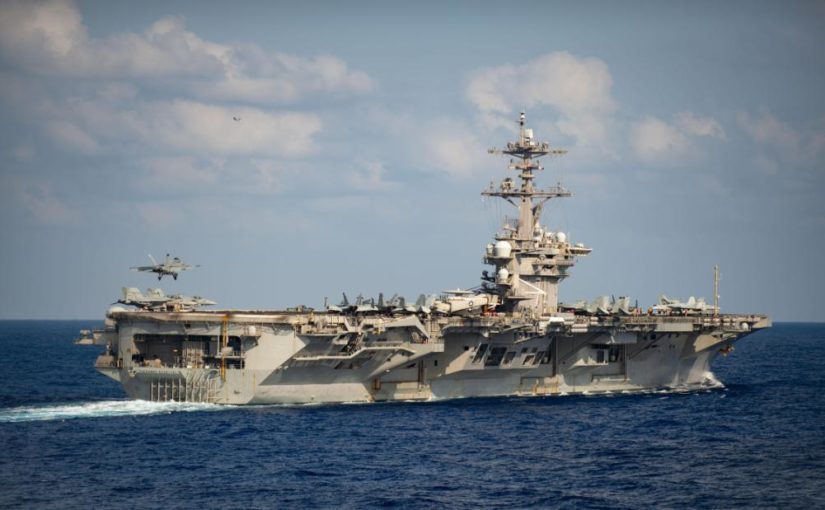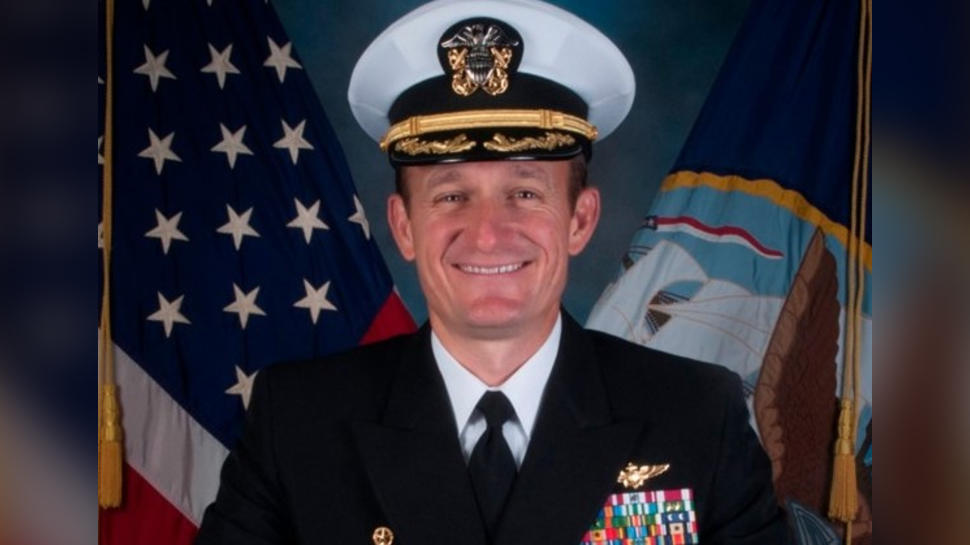By Daniel Berk II
As the outbreak of COVID-19 worsens and we are forced to observe social distancing and quarantine for much longer than we would like, both a pressing and polarized issue has arisen: whether the American public should go outside and brave the virus or play it safe indoors. However, it is not just the American public that faces this issue. The armed forces must deal with the same quandary but with much more impactful consequences.
For the Navy, the problem is exacerbated, as there is no way to adhere to appropriate social distancing guidelines in the cramped quarters of submarines, aircraft carriers, and ships.
The U.S. military must choose between the health of their soldiers or the guaranteed security of our country. Several assets placed in strategic locations for defense are now experiencing Coronavirus cases. For the Navy, which operates primarily in the isolation of the ocean, this problem is exacerbated, as there is no way to adhere to appropriate social distancing guidelines in the cramped quarters of submarines, aircraft carriers, and ships, and there is no way to get infected crew members offboard quickly.
Lately, the Navy has been in the news for this very issue. At the beginning of April, Captain Brett Crozier of the aircraft carrier USS Theodore Roosevelt was dismissed from his post after copying too many recipients on a report of the status of the carrier. In this memo, he described in extensive detail the disheartening predicament on the ship.

It was reported that Captain Crozier copied 20-30 people in his memo to the Navy leadership, warning them that measures must be taken to protect the health of his crew. While he did not directly leak the content of the memo, by copying so many recipients, he effectively leaked the situation onboard to the general public.
Only a few days after sending the memo, the San Francisco Chronicle published the report. The Navy’s next step was to remove Crozier from his post. Thomas Modly, the acting Secretary of the Navy at the time, harshly criticized the Captain as having acted with “extremely poor judgement.”
There is no doubt that the way in which Crozier went about communicating the situation was flawed. He seemingly disregarded the importance of military readiness and confidentiality. His conduct did not reflect that he appropriately understood the seriousness of his mission and duty.
Captain Crozier wrote that “we are not at war. Sailors do not need to die. If we act now, we are failing to properly take care of our most trusted asset – our sailors.” It is clear that he publicized confidential information about the USS Theodore Roosevelt and put his career on the line for the well-being of the sailors. His crew acknowledged the selflessness of this act with a rousing sendoff. As he was being discharged from duty, the crew chanted “Captain Crozier” and cheered for him.
But, the story does not end there. After his dismissal, the crew of the USS Theodore Roosevelt was tested for the Coronavirus. All in all, 840 members of the 4,098-member crew tested positive for the virus. Captain Crozier himself, after all of his efforts to keep the virus out of the carrier, tested positive for the virus as well. There is no doubt that if Crozier waited to go up the chain of command, there would be even more cases onboard.
After this issue was reported to the public, politicians began to take sides. President Trump lauded Modly’s decision to fire Crozier, calling Crozier’s memo “terrible.” He continued, saying: “I thought it was terrible what he did, to write a letter? I mean, this isn’t a class on literature. This is a captain of a massive ship that’s nuclear-powered, and he shouldn’t be talking that way in a letter. He could call and ask, and suggest.”
“I thought it was terrible what he did, to write a letter? I mean, this isn’t a class on literature.”
On the other hand, Democrats such as Joe Biden see Crozier’s move as heroic: “I think the guy should…have a commendation rather than be fired.”
Shortly after Crozier’s removal, a recording was found of Modly calling Crozier “stupid.” This drama, paired with the polarization of the issue, caused Modly to resign on April 7. Although this would seem to be the end of it all, the spotlight is still on Crozier and the Navy. There have been talks of Crozier’s potential reinstatement as Captain of the Theodore Roosevelt. Admiral Mike Gilday supports Crozier’s reinstatement, but Secretary of Defense Mark Esper, a Trump appointee, will not sign off on it. On April 30, the decision to reinstate Crozier was officially delayed.
Crozier’s firing is a textbook example of the choice that must be made between adhering to the rules or doing what seems to be the right thing. It will be interesting to see whether the Navy sticks to the harsh but necessary guidelines of secrecy, or whether they welcome Crozier, a beloved Captain, back into their graces.
![]()



